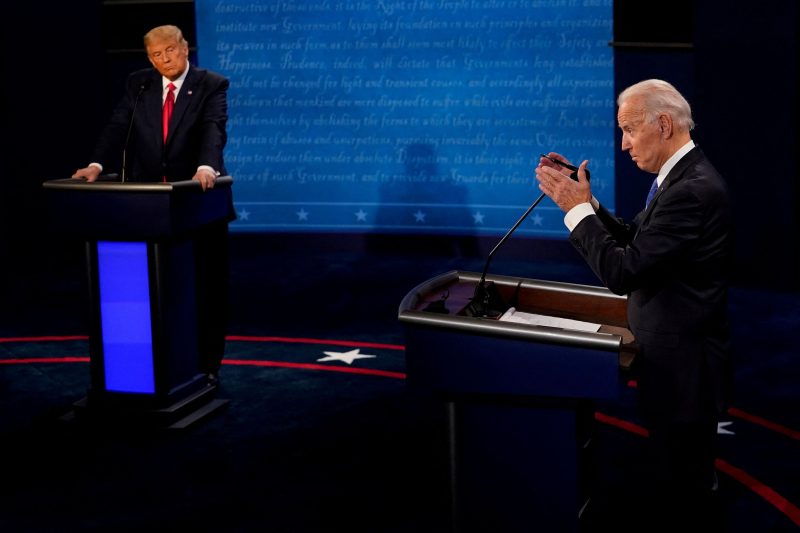The Body of the Article:
Election seasons often culminate in heated debates, the high-stakes environments where each candidate makes a final attempt to capture the loyalty, respect and trust of the voters. Therefore, it is important to examine the influence of these key events on the trajectory of voter sentiment: can a debate truly change its course?
A brief exploration into the historical backdrop provides ample evidence of how debates have served as turning points in elections, especially over the last sixty years. Take, for instance, the case of the 1960 United States presidential debate between Richard Nixon and John F Kennedy. This was the first-ever televised debate that showcased the power of public presence. The visually persuasive Kennedy was widely seen to have won against a physically unwell Nixon. Television viewers agreed with this sentiment, while radio listeners believed Nixon had the upper hand. This goes to demonstrate the striking relevance of debates, and their reach, in shaping voter sentiment.
Similarly, tall-tale gaffes during a debate can damage public perception significantly. During the 1976 United States presidential debate, incumbent Ford made a colossal mistake by claiming that Eastern Europe was not under the influence of the Soviet Union – a gaffe that brewed a tremendous media storm and is often credited for his loss. Such instances solidify the impact of debates on shifting voter sentiment.
Another perspective questions whether debates genuinely possess the potential to change voter sentiment, or whether they merely solidify existing sentiments. Many political scientists argue that an election debate only reinforces partisan bias, and rarely drives a dramatic shift in the voting compass during the election fortnight. This could potentially be attributed to the increased polarization in today’s political space, where voters are more likely to be firmly planted in their political ideology, leaving little room for swaying during debates.
However, this does not undermine the power of a strong debate performance. In these polarized times, independent and undecided voters may be few, but they are a critical bunch who can swing an election. A candidate’s performance during a debate can influence these vote banks, nudging undecided voters towards a particular side.
The variable that profoundly influences the impact of debates on voter sentiment is the media. Interpreting and disseminating the performances of each candidate, the media plays a pivotal role. The aftermath of a debate is typically shaped by media analyses, public opinion polls, and social media discourses—eventually feeding and influencing public sentiment.
Moreover, in the era of social media, debates are not restricted to real-time tele






























